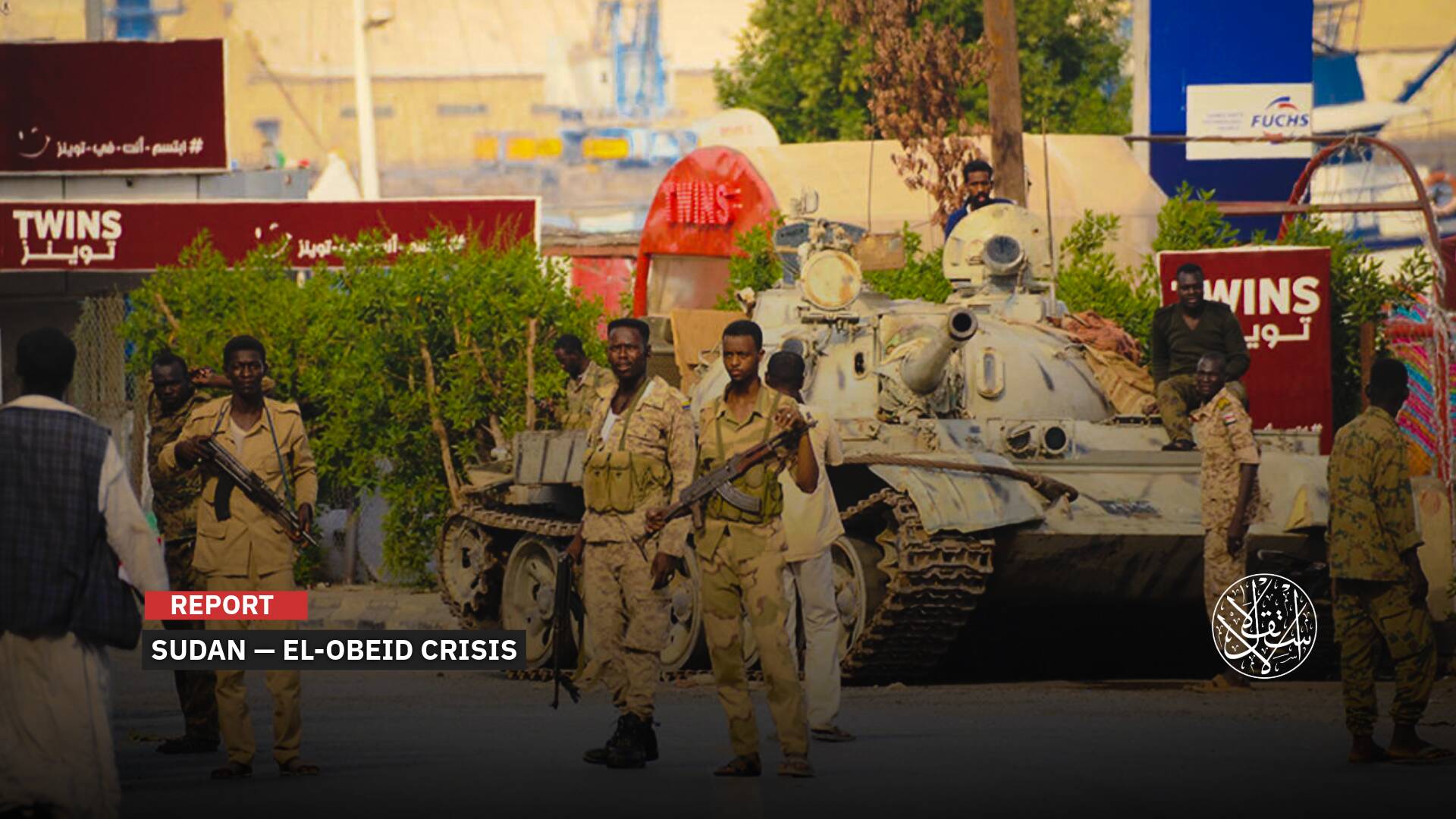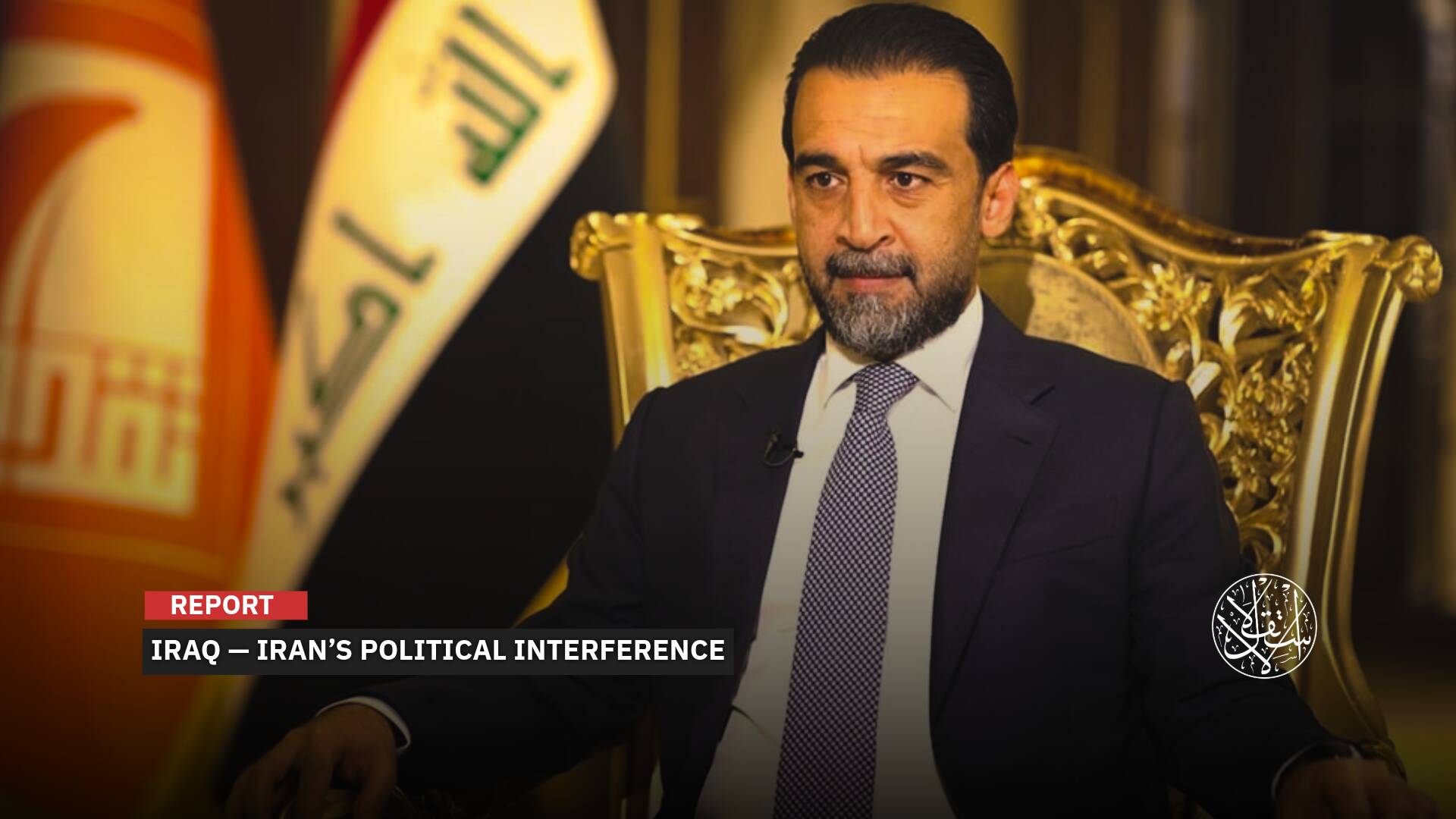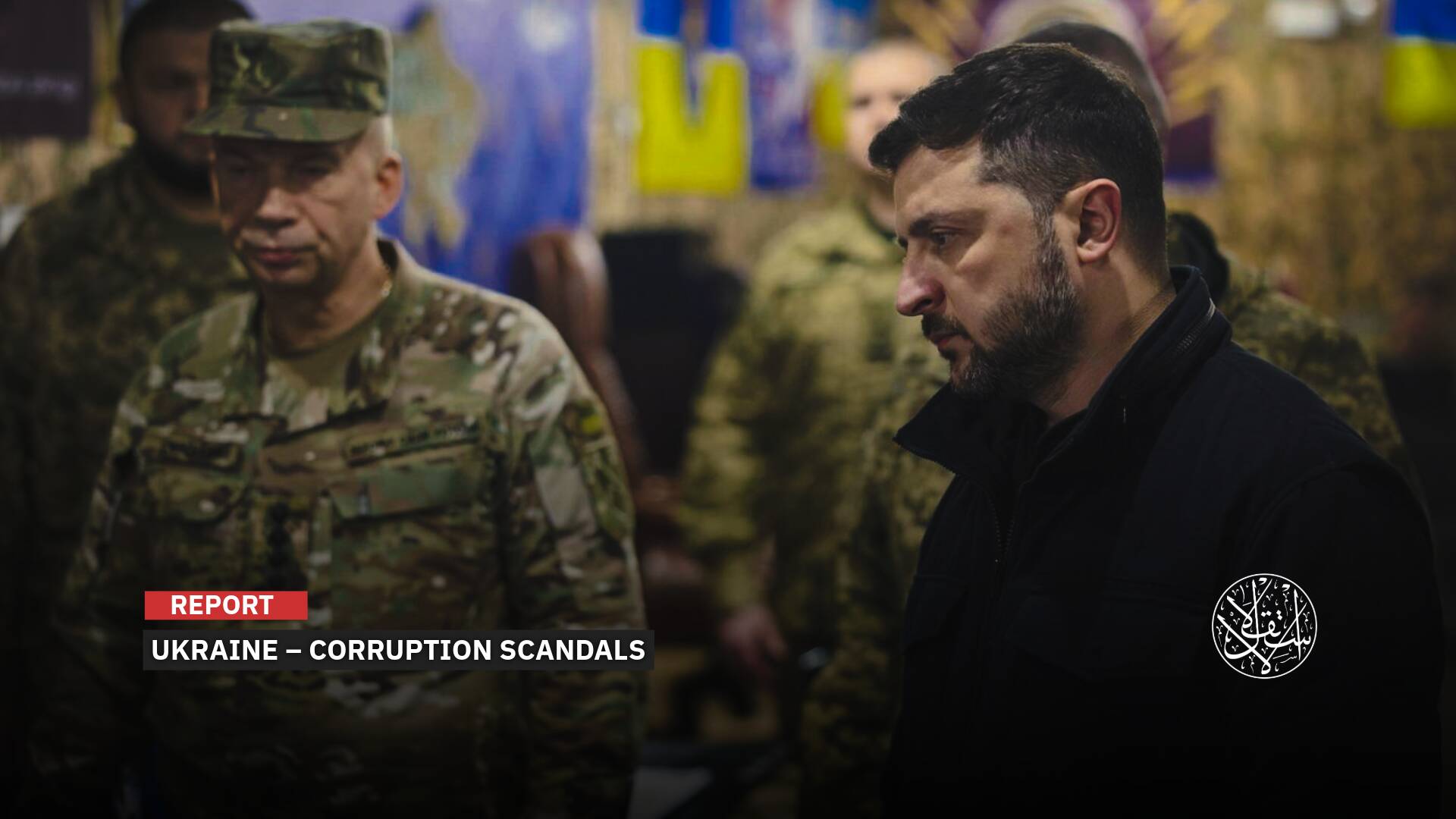Deportation and Blackmail: Syrian Refugees in Lebanon Towards an Unknown Fate

The title of deporting Syrian refugees to their country has returned to the forefront of the scene in Lebanon, with several projects put forward by the Lebanese government to achieve this goal, despite the warnings of international organizations of forcible return after recording violations suffered by a number of those who had previously returned to their country.
However, what is new today is the official Lebanese warning of the consequences of the refugees remaining in the country and the danger that this poses to the internal Lebanese fabric and the security and safety of the refugees themselves. Will these attempts succeed in blackmailing the international community into providing more aid or turning a blind eye to the deportation of refugees?
Lebanon bases its new plans on not signing the International Asylum Convention in 1951 and considers itself not obligated to it, which is why it insists on naming the Syrians as displaced persons, not refugees.
The recent Lebanese moves forced thousands of refugees to flee Lebanon by sea for a better future in Europe; Perhaps the death of about 100 people during the past few days by drowning portends what is worse in the coming days.
Attempts to migrate irregularly from Lebanon towards Europe are increasing in light of an unprecedented deterioration of living standards and a record rise in poverty rates due to the stifling economic crisis that the country has been witnessing since 2019.
Deportation and Blackmail
The Lebanese authorities have put a plan to return Syrian refugees on track by specifying the names of the first batch that will leave the country to Syria in the coming days, amid warnings from international human rights organizations against forcible return.
The Lebanese plan is based on the return of 15,000 refugees per month, and the priority is the refugees in the camps located on the borders between the two countries.
The number of Syrian families whose names have been registered has reached about a thousand, according to the Minister of the Displaced in the Lebanese caretaker government, Issam Sharaf El-Din.
Sharaf El-Din stressed that whatever the position of the UNHCR, Lebanon is determined to implement his plan, saying: "This is our natural right, and I am authorized by the President of the Republic, the government, and 4.5 million Lebanese to lift the economic burdens on us."
In turn, the caretaker prime minister, Najib Mikati, threatened last September 08 to take an unpleasant position on the part of Western countries to expel the displaced by legal means if the international community did not cooperate with Lebanon.
The refugee file had sparked political divisions in Lebanon during the last month, especially after it was transferred between the hands of more than one Lebanese official, which amounted to accusing Mikati of working according to his own agenda and protecting his interests and companies in the West.
Sharaf El-Din, who visited Damascus last August, announced at the time that the Syrian regime was ready to receive all those wishing to return with a pledge to provide all their requirements of aid and services.
But Mikati, after Sharaf El-Din's visit to Syria without any coordination with him, referred the refugee file to the Minister of Social Affairs, Hector Hajjar, who confirmed last August 03 that the Lebanese state is committed to the principle of non-refoulment.
But at the same time, Hajjar pointed out that the situation in the country is intolerable because Lebanon does not receive sufficient aid, and what comes from it is less than what was agreed upon, recalling that 35% of the population of Lebanon are Syrian and Palestinian refugees, and 82% of the Lebanese suffer from extreme poverty.
Soon, on September 09, Mikati transferred the controversial refugee file to the Director General of Lebanese General Security, Major General Abbas Ibrahim, and assigned him to follow up on the issue of returning Syrian refugees to their country, which accelerated the implementation of the deportation plan.
It is noteworthy that there are many loopholes and procedures in the Lebanese law that allow the authorities to deport Syrian refugees.
The Lebanese General Security has broad authority to do so under many pretexts, despite the conflict with international laws.
According to official Lebanese estimates, the number of Syrian refugees in Lebanon is 1.5 million, 880,000 of whom are registered with the UNHCR, and Lebanon also hosts about 200,000 Palestinian refugees.
The Ministry of the Displaced claims that the government has cost them $33 billion over the past 10 years.

Obstacles to Return
In the same context, Lebanese political sources ruled out the success of the Lebanese government's plan to return Syrian refugees to their country, considering that it is similar to previous attempts manifested by the Lebanese General Security deporting numbers of Syrians before they return to Lebanon through the smuggling route.
The sources said, according to what The Independent newspaper reported on August 28, 2022, that the Syrian regime is not enthusiastic about receiving refugees from the border countries with it.
On the other hand, Muhannad Al-Hajj Ali, a researcher at the Carnegie Endowment, pointed out in a press analysis that "the proposed return plan is more like a negotiating paper for Lebanon with international bodies to raise the level of material aid by holding the refugees a large part of the responsibility for the economic and living collapse."
In turn, International law expert Dr. Tariq Shandab confirmed in a statement to Al-Estiklal that "the Lebanese government is moving towards a policy of forcing refugees to return as a result of the political pressure exerted by some political classes affiliated with the Syrian regime and Hezbollah in Lebanon."
"This decision contradicts international law and Lebanon's commitment to implementing it and protecting refugees, and the conditions for return are not available now," he noted.
The lawyer also added that "the plan to return the refugees may expose Lebanon to many negatives with the international community, and all assistance provided by the UN and international institutions to it may stop, which will inevitably contribute to the exacerbation of its economic crisis."
Dr. Shandab also indicated that "every Lebanese official who contributes to restoring relations with the Syrian regime, forcibly returning Syrian refugees to their country and exposing them to danger may be subject to international sanctions in addition to being prevented from traveling."

Syria Is Not Safe
In response to the Lebanese moves, human rights voices have risen both internally and externally, warning of the dangers of the return of Syrian refugees to their country in light of the consensus—which the Lebanese authorities deny—that Syria is not safe.
Jurists believe that every return that does not fall within the framework of monitoring and a comprehensive UN plan will not be safe, especially since many have returned, either disappeared, imprisoned, tortured, or forced into military service, which constitutes the greatest concern for Syrians who refuse to return.
In this context, international human rights organizations, including Amnesty International, Human Rights Watch, and the Monitor for Refugee Protection, called, in mid-September, for the UN to stop programs that could stimulate the early and unsafe return of Syrians to their country.
On its part, the EU stressed in a statement on September 13 that "the conditions for the safe, voluntary, and dignified return of Syrians have not yet been met."
The opposition Syrian National Coalition also warned against the efforts of the UN to return Syrian refugees to their homes, stressing that the conditions for return are achieved through achieving a political transition in accordance with Security Council Resolution 2254.
Last June, the Syrian regime arrested 11 refugees returning from Lebanon on the Homs-Damascus road due to arrest warrants issued against them by some security branches, which indicates that the general amnesty issued by Syrian President Bashar al-Assad last April was not implemented.

Bitter Reality
Violations continue against Syrians in Lebanon, a large part of which are motivated by racism, in addition to the Lebanese politicians throwing their failure and the country's economic and living crises on the shoulders of the refugees, which turned the refugee issue from a humanitarian file to a security and political file is subject to outright bids and blackmail.
Tensions have also increased recently between the Lebanese and the Syrians, and bakeries sometimes give priority to Lebanese citizens in buying bread and make Syrians and Palestinians wait for hours, which made them feel frustrated with the allegations that the refugees benefited economically at the expense of the Lebanese, especially since the aid has recently decreased.
In the face of this bitter reality and the threats facing the refugees in Lebanon to return them to the bosom of al-Assad, who killed, displaced, and pursued their children and families, and as a result of the economic collapse that Lebanon is witnessing, Syrian and Palestinian refugees, as well as some of Lebanese, decided to flee with their lives and embark on a perilous journey to Europe via death boats.

The incident of the drowning of the refugee boat near the Syrian shores, last September 22, summarizes the tragedy of the refugees in Lebanon, including scenes of horror for the drowning victims, where the death toll reached nearly 100 people.
This tragedy is a catastrophic repetition of the tragedy of the Tripoli boat that drowned on April 23, killing at least 33 people.
It is noteworthy that the increase in the pace of irregular migration of refugees across the Lebanese coasts to Europe coincided with the opening of 17 centers throughout the country to deport Syrians, in addition to the deterioration of living and security conditions.
According to the office of UNHCR in Lebanon, the number of people who left or attempted to leave Lebanon by sea from January to August 2022 increased by 73% compared to the same period in 2021.
Sources
- Syrian refugees in Lebanon face an uncertain future
- Lebanon plans to send 15,000 Syrians back home each month
- Lebanon threatens to expel Syrian refugees
- No livelihood for Syrian refugees in Lebanon, nor a safe haven back home
- Will the plan to return Syrian refugees in Lebanon to their country succeed? [Arabic]
- The first convoys in a few days... Lebanon begins returning refugees to Syria [Arabic]









